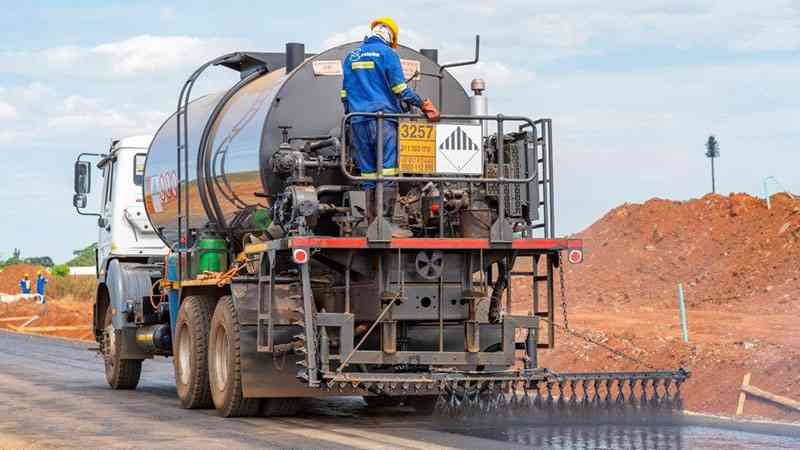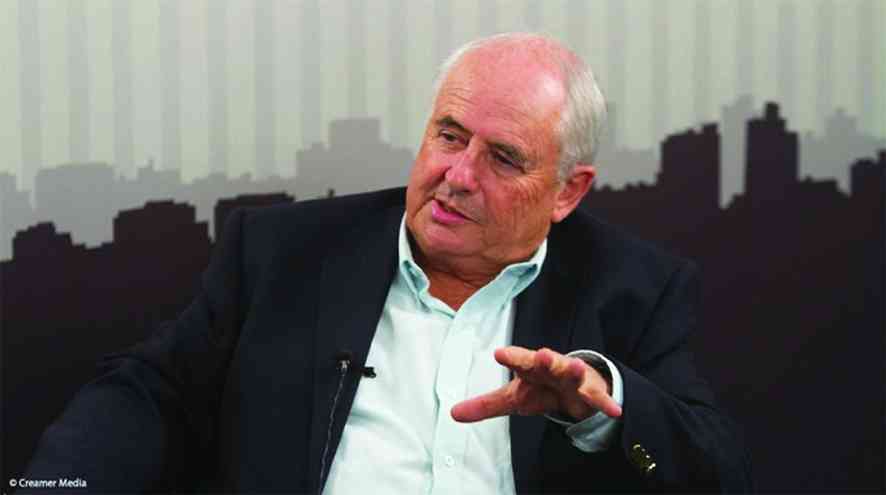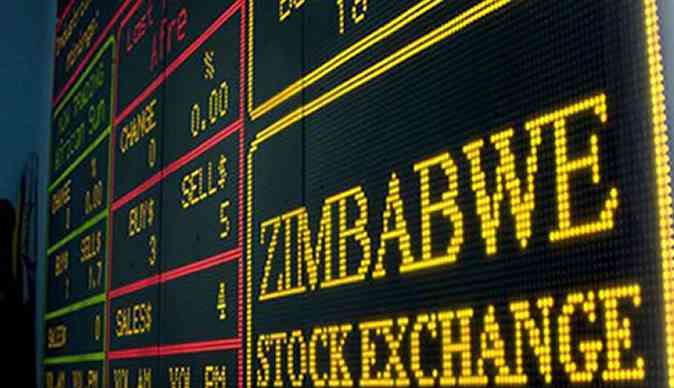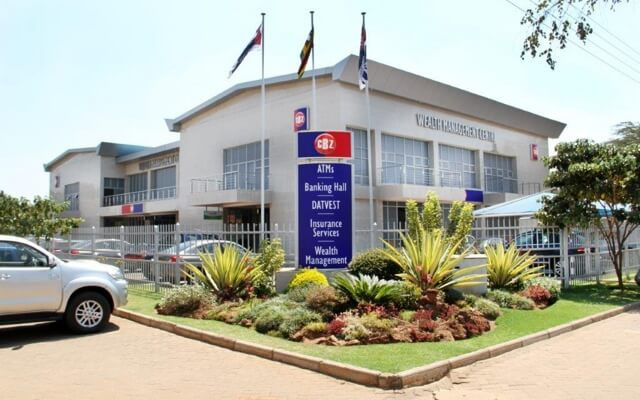
GOVERNMENT is conducting a petroleum sector pricing study and working on policy measures to address the imbalances in the fuel market.
BY VICTORIA MTOMBA
Speaking in the Senate recently, Energy and Power Development deputy minister Tsitsi Muzenda said when reviewing the fuel price, the maximum Free-On-Board fuel prices would now be based on the lower of the two between the Arab Gulf and Mediterranean markets instead of an average.
“Government is in the process of reviewing the fuel pricing template with a view of improving. In this regard, a Petroleum Sector Pricing Study is being conducted,” Muzenda said.
She said government was also working on the removal of the wholesalers’ storage and handling costs of $0,015/litre as the majority of companies were utilising the storage facilities operated by National Oil Infrastructure Company and, therefore, not incurring an additional storage to warrant it.
“Applicable margins for wholesale and retail of fuel are now going to be an absolute 6 cents instead of 7% of product cost landed at Msasa, which varies margins unnecessarily for operators when external factors change. The measure is meant to protect consumers when prices are going up while at the same time ensuring viability of business,” she said.
The price of crude oil has gone down on the international market. However, fuel prices on the local market have not gone down significantly.
- Chamisa under fire over US$120K donation
- Mavhunga puts DeMbare into Chibuku quarterfinals
- Pension funds bet on Cabora Bassa oilfields
- Councils defy govt fire tender directive
Keep Reading
Muzenda said the implementation of the above interim pricing measure resulted in a 7 cents and 4 cents reduction in the maximum pump prices of petrol and diesel respectively.
She said fuel prices in the country are determined through a fuel pricing model, normally referred to as a Fuel Cost Built-Up, which sets the maximum pump prices applicable at any point in time. This model was produced through consultations between the Ministry and the oil industry. It is therefore an agreed pricing model.
The Fuel Cost Built-Up takes into account all the cost elements associated with supplying fuel to the end user. These cost elements include, FOB (Free on Board) price, pipeline costs, taxes and levies, administrative and distribution costs and profit margins allowed at different levels in the supply chain.













